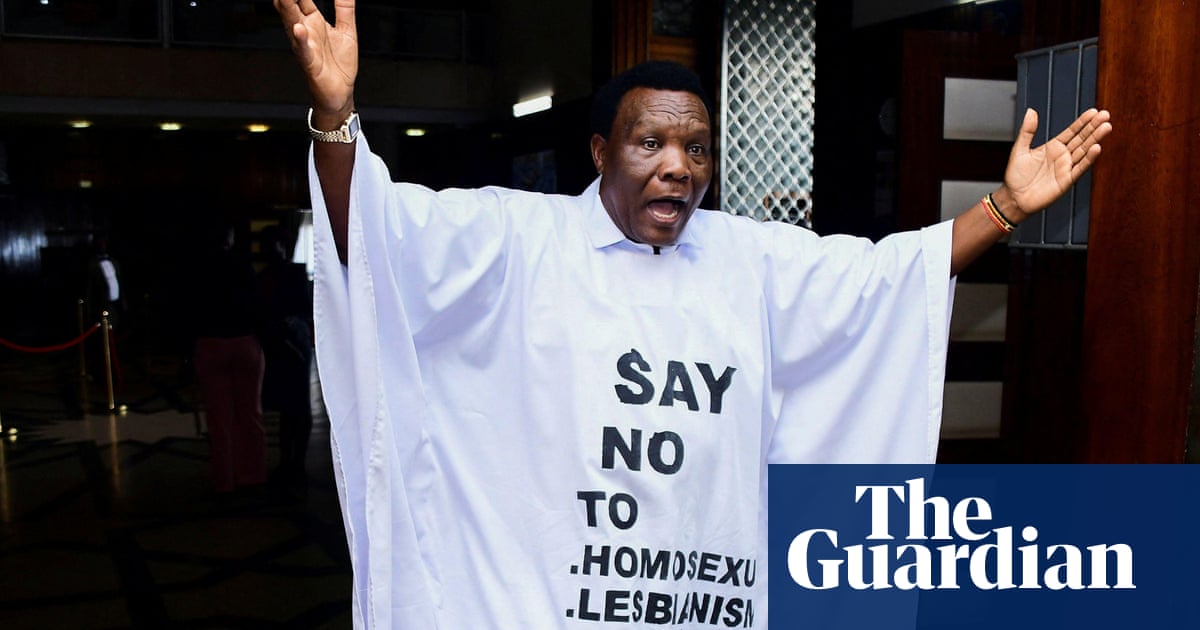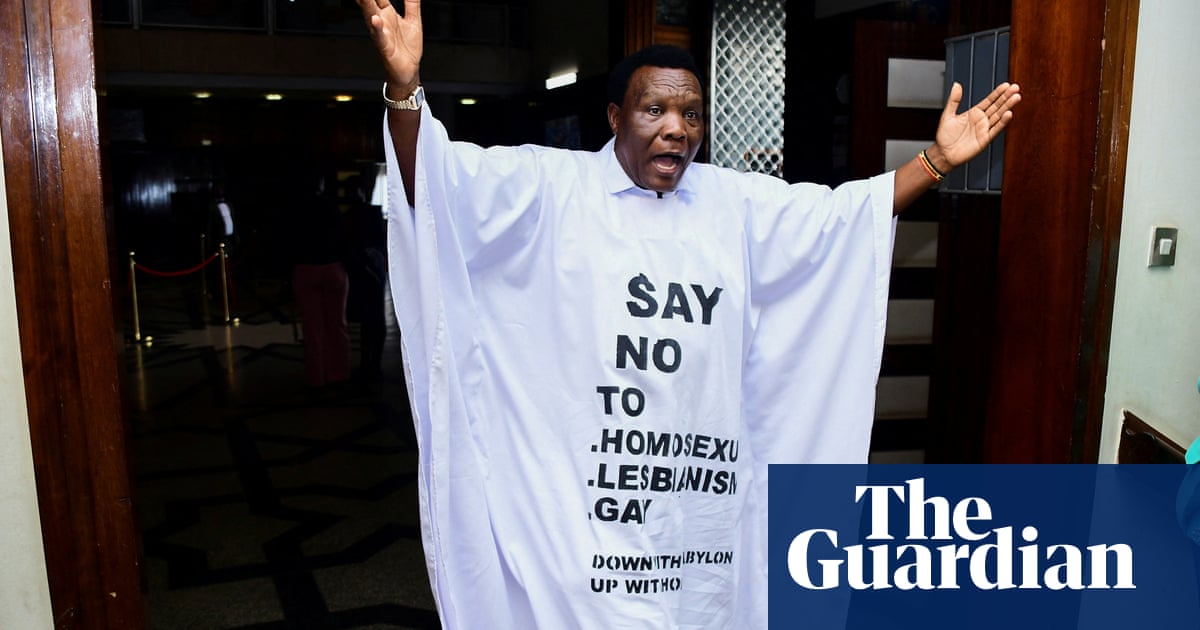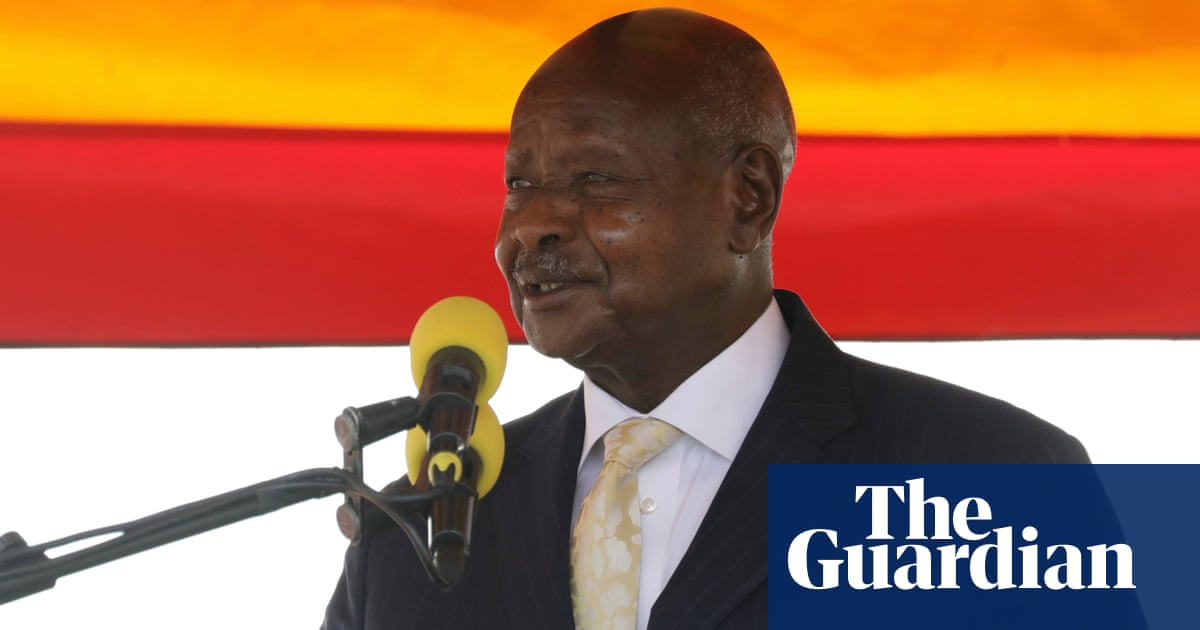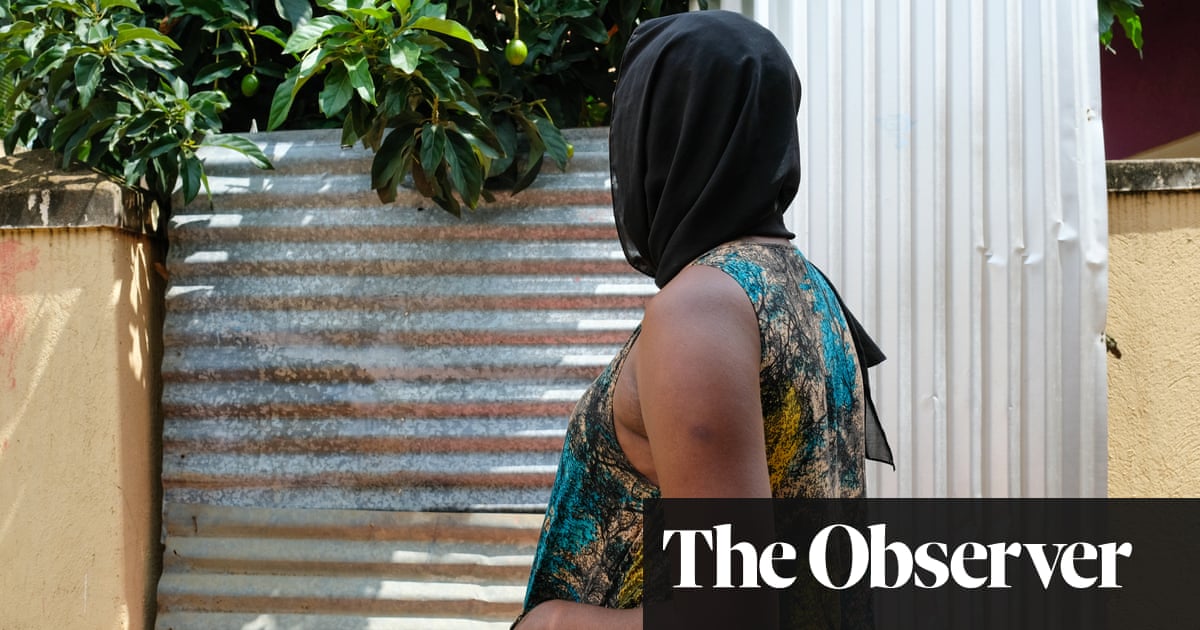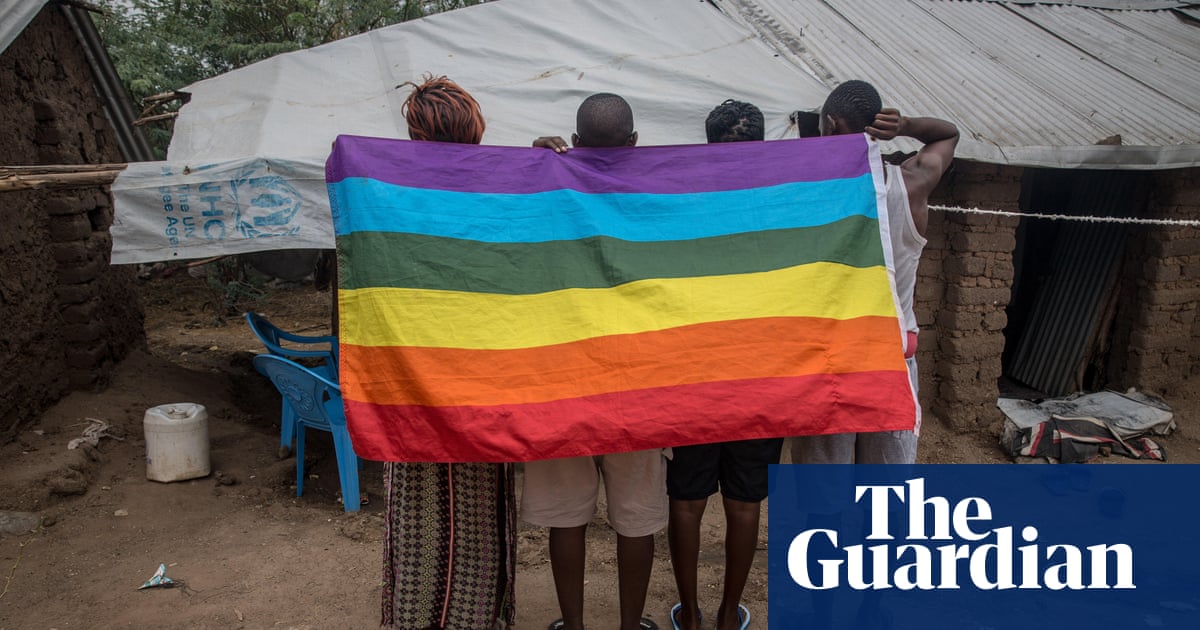
MPs in Uganda have reintroduced a controversial anti-LGBTQ bill, with one describing homosexuality as a “cancer”, attracting strong condemnation from rights campaigners.
Asuman Basalirwa, an opposition MP, made the remark as he tabled the draft law [pdf] which seeks to punish gay sex and “the promotion or recognition of such relations”.
“In this country, or in this world, we talk about human rights. But it is also true that there are human wrongs. I want to submit … that homosexuality is a human wrong that offends the laws of Uganda and threatens the sanctity of the family, the safety of our children and the continuation of humanity through reproduction,” said Basalirwa, to applause from lawmakers.
At a prayer service held in parliament and attended by several religious leaders Anita Among, speaker of the parliament, said “We want to appreciate our promoters of homosexuality for the social economic development they have brought to the country,” in reference to western countries and donors. “But we do not appreciate the fact that they are killing morals. We do not need their money, we need our culture.”
In 2014, Uganda’s constitutional court declared the widely condemned anti-gay bill “null and void” due to a lack of a quorum.
“We shall not allow that aspect of saying there was no quorum. We are going to vote by show of hands,” said Among, who in January directed the parliamentary education committee to investigate schools suspected of “encouraging” and “promoting” LGBTQ rights.
“You are either for homosexuality or you are against it. We want to see the kind of leaders we have in this country.”
In Uganda, a largely conservative Christian country, homosexual sex is already punishable by life imprisonment. The original draft bill called for the death penalty for gay sex.
Rights campaigners have condemned the new move to enact the harsh law, describing it as “hate legislation”.
“Some think they can wish or legislate away a section of our society for who they love. It is hate-based legislation that serves no public purpose,” said Nicholas Opiyo, a human rights lawyer.
“But one thing is for sure: there are Ugandan LGBTQ+ individuals who are here to stay – they are an undeniable part of our society. They are someone’s child, brother or sister,” he said.
Adrian Jjuuko, executive director of the Human Rights Awareness and Promotion Forum, said new legislation widens the definition of homosexuality to include “holding out” (identifying) as being LGBTQ, meaning that identity and sexual orientation have also been criminalised, “making it simply a law intended to persecute and demonise LGBT persons,” said Jjuuko.
President Yoweri Museveni last month said Uganda will not embrace homosexuality and that the west should stop seeking to impose its views to compel dissenting countries to “normalise” what he called “deviations”.
“We are not going to follow people who are lost. These Europeans are not normal, they don’t listen,” said Museveni at an event to mark Archbishop Janani Luwum Day in the northern district of Kitgum.
Hate crimes against gay people, including physical and sexual assault, blackmail and extortion, are common in Uganda but most victims are too frightened to go to the police, according to rights groups.
“This [potential] new law is the culmination of what is clearly a deliberate increase in hostile rhetoric against sexual and gender minorities by public figures over the last few months, and it’s disappointing that Ugandan politicians are once again using homophobia for political capital,” said Oryem Nyeko, a researcher in the Africa division at Human Rights Watch.
Jjuuko said: “The tabling of this bill increases violence against LGBT persons who are already facing a lot of violence as it is.”





